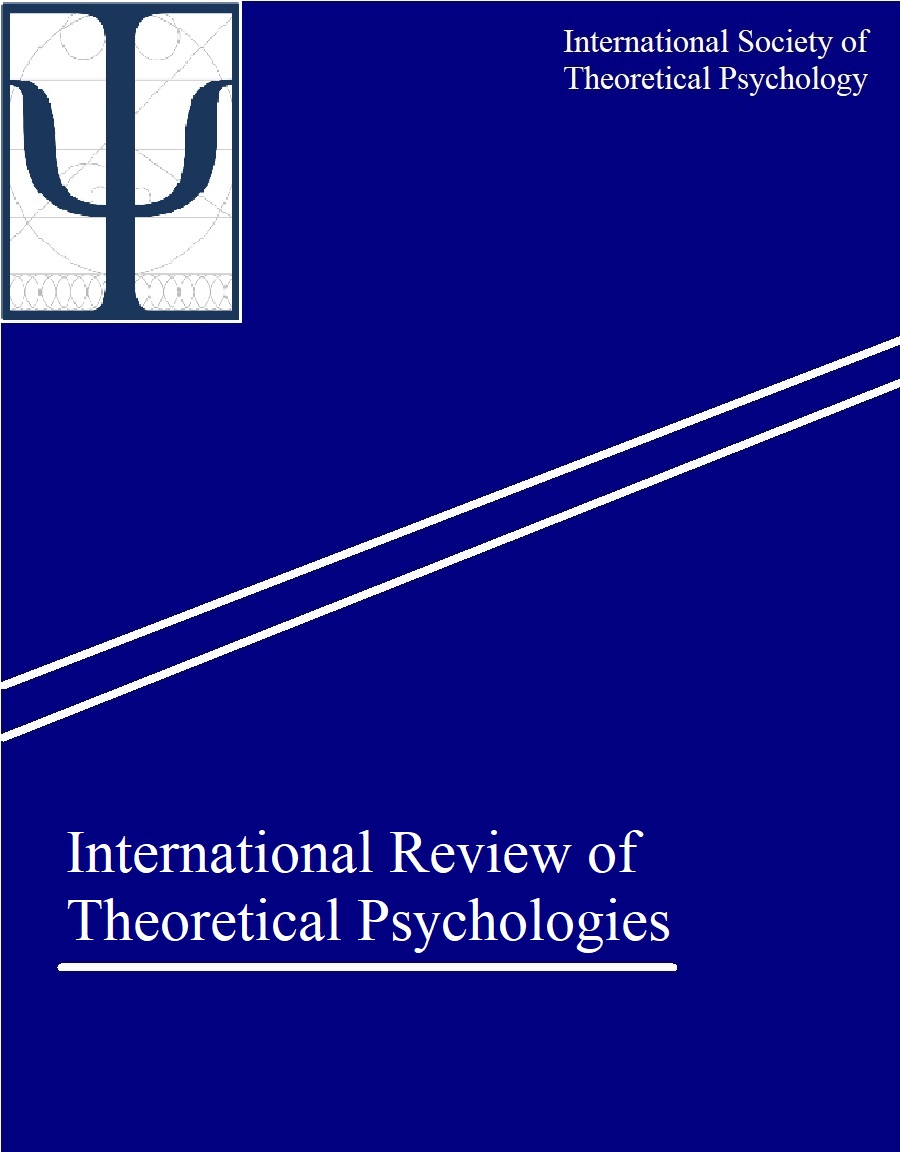“As a vegetarian, we never do well enough”
Positioning in the normative landscape of meat consumption.
DOI:
https://doi.org/10.7146/irtp.v1i1.127087Keywords:
positioning, norms, taking distance, meat consumption, vegetarianismAbstract
Food is an area that receives little attention from psychologists, despite the fact that it provides many interesting situations and dilemmas through which human activity and development can be examined. Currently – at least in the WEIRD (western, educated, industrial, rich and democratic) countries (Henrich et al., 2010), – these activities are an important object of normative discourses and injunctions about how we should behave as consumers and how we should eat, notably when it comes to products of animal origin and meat in particular. In these countries, a large majority of people regularly consumes meat. Vegetarianism can be seen as a deviant behavior to this norm (Boyle, 2011), that provokes reactions as it questions the taken-for-granted normality and necessity of meat consumption (Larue, 2015). However, the issue of meat consumption also intersects with many other normative discourses, such as the imperatives to be an ethical consumer or to be a hedonist. In this paper, I examine how people orient themselves in relation to these norms and possibly take distance from some of them. More specifically I propose to do so through the notion of positioning. Position and positioning are notions that are increasingly used and discussed in psychology. The theorization of these notions is recent, and thus quite disparate (Gülerce et al., 2014), although a few scholars worked on possible synthesis of different traditions (Gillespie & Martin, 2014; Raggatt, 2015). I argue that examining positioning processes in relation to normative discourses and behaviors constitutes a way to understand the relation between the person and some social norms, and that this use will also contribute to deepen the conceptualization of positioning. I draw on empirical work conducted with people who recently changed their habits of consumption of food of animal origin. The questions I examine are: how do people position themselves in the normative and contested world of consumption of food of animal origin, and what are the processes possibly allowing them to question and transgress the norms in this area.
Downloads
Published
How to Cite
Issue
Section
License
Copyright (c) 2021 Fabienne Gfeller

This work is licensed under a Creative Commons Attribution-NonCommercial-ShareAlike 4.0 International License.
IRTP operates based on a non-exclusive publishing agreement, according to which the journal retains the right of first publication, but authors are free to subsequently publish their work. The copyright of all work rests with the author(s).
All content published in IRTP is licensed under a Creative Commons Attribution-NonCommercial-ShareAlike 4.0 International license (CC BY-NC-SA 4.0). This license allows authors and readers to share and adapt content for non-commercial purposes, provided that they abide by the following terms:
- Give credit to the original author(s)/creator(s) and attribution parties (i.e., IRTP);
- Provide a link to the original source, to the extent practicable;
- Include the copyright notice and/or indicate the corresponding Creative Commons license;
- Indicate what, if any, adaptations were made to the original; and
- Share adapted content under the same license as the original.
Authors are encouraged to familiarize themselves with the various Creative Commons licenses. Readers are advised to consult the licensing information embedded in each published work to ensure that they are familiar with the terms of use that apply.





